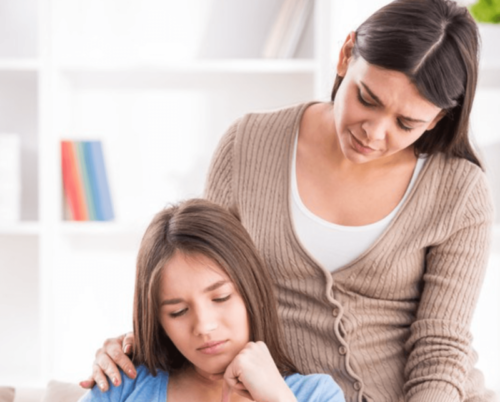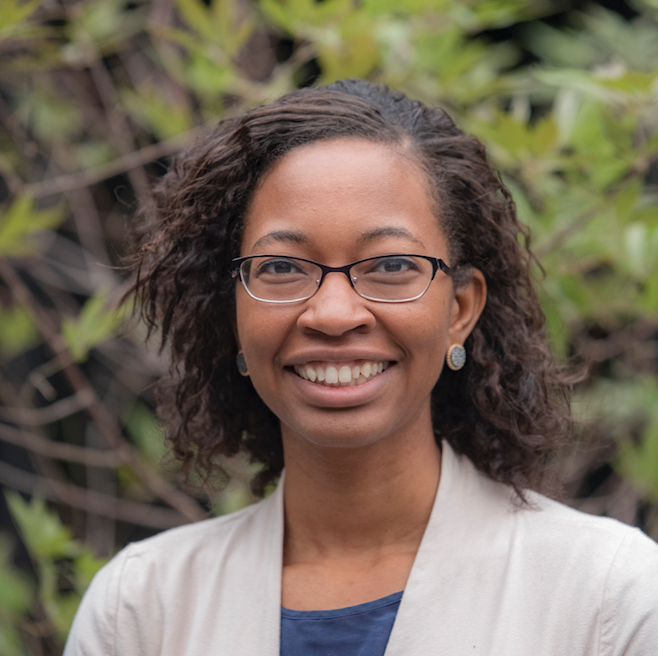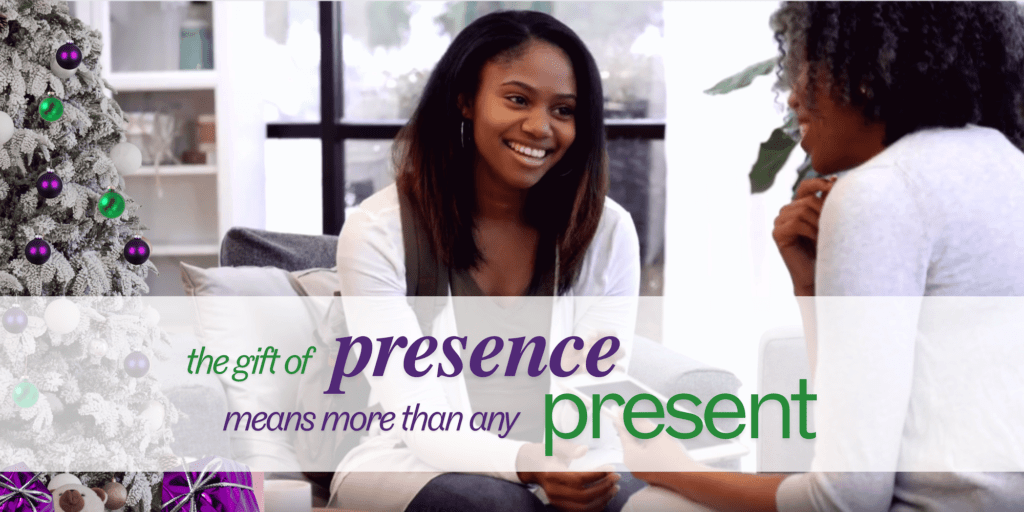You Find Drugs in Your Teen’s Room-Now What?
When you believe your child is using drugs it is hard to know what to do. Whether you found out from another parent, a teacher from school or from rummaging through their dirty room in search for forgotten football cleats—when you believe your child is using drugs moving forward can be a challenge. How do you confront your child in a way that will help without alienating your child and damaging your relationship?
Here are some thoughts to consider:
1. Choose the moment. While you may want to, greeting your child with an ambush after she walks through the door after school probably won’t end well. At the time of the conversation, it is important that your child is not high nor you so consumed with anger that listening becomes impossible. A high teen or preteen will not be focused on your words or remember them; and uncontrolled anger can distract from the goal of stopping your teen’s drug use. Teens can shut down when facing rejection or feeling unheard in the same way adults can and a volatile approach often leads to more harm than good. Use this as a moment of meeting with your child.
2. Focus on Facts. Don’t preach or accuse. Your teen knows drugs are illegal, not healthy for them, and that you are not pleased. Phrases like “how could you be so stupid? You just need to stand up for yourself” are not going to be helpful to the conversation. In the same way, phrases or questions like “where did I go wrong with you” or “It’s all my fault isn’t it?” tend to be unproductive to the goal of stopping your teen’s drug usage.
3. Ask hard questions. These questions let your child know that you are concerned about them and will do what is necessary to help them. Depending on the answers to these questions, you may need to consider substance abuse treatment option that ranges from outpatient therapy to inpatient intensive care.
- Why is pot or a bong in your closet? Why did your teacher call me to tell me you were found in a bathroom smoking?
- How long have you been using?
- When and why did you first start?
- How did you get access to the drugs?
- Do you sell as well?
4. Listen. After asking questions, give space to hear your child out. Seek to understand how this mistake happened and the events leading up to it. Determine other concerns impacting your child’s choice.
5. Set natural consequences. Keep in mind you are demonstrating that you love and care for your child without condoning the behavior. The rules established should demonstrate realistic byproducts for their choices. The following types of questions will help you frame logical consequences for their actions.
- Would you let a stoned person drive?
- Should a stoned person be playing football?
- How would a stoned person spend an allowance?
6. Destroy the drugs. Don’t hide them. You want to prevent your teen from finding them. Officer Eduardo Martinez of Houston Police Department recommends having an officer pick them up to destroy them or dropping them off at your local police station.
Finding out your teen is using drugs can provoke panic and anger. Choosing to focus on their health makes all the difference. A study performed by the University of Oregon created a positive parenting checklist to encourage skills that prevent drug usage and help discontinue teen drug usage in the future. The best thing you can do is respond in an understanding, non-judgmental way so your teen will turn to you instead of drugs or alcohol for support.
Please know there are many resources for parents and teens facing drug addiction. There are many clinics and professionals who can help you walk this journey to help your child thrive and restore family connections.
- The National Institute on Drug Abuse offers an extensive collection of publications, articles and videos for parents to talk to their children about drugs and alcohol. It also offers a step-by-step guide in English and en Español, to help you know where to start from prevention, to talking to a teen who refuses treatment, to selecting the best treatment for this age group. Additionally, look at the parent/educator page for free resources about teen drug use.
- The Substance Abuse and Mental Health Services Administration offers a behavioral health treatment services locator to assist you in finding a local center. Call their confidential, anonymous and secure helpline at 1-800-662-HELP (1-800-662-4357) or 1-800-487-4889 (TTY) to ask about treatment. They can also talk to you about centers that offer low- or no-cost treatment.
References
1. Dillon, P. (2013, October 12). What if I find drugs in my child’s room? What should I do? Retrieved Dec. & jan., 2016, from http://doingdrugs-darta.blogspot.com/2013/10/what-if-i-find-drugs-in-my-childs-room.html
1. Dishion TJ, Nelson SE, Kavanagh K. The family check-up with high-risk adolescents: Preventing early-onset substance use by parent monitoring. Behav Ther. 2003;34(4):553-571.
2. Dishion TJ, Kavanagh K, Schneiger A, Nelson S, Kaufman NK. Preventing early adolescent substance use: a family-centered strategy for the public middle school. Prev Sci. 2002;3(3):191-201.
3. Stiles, M. (2012). Pot in your Teens room? Don’t Panic. – Positive Outlook Counseling – Positive Outlook Counseling. Retrieved January 18, 2017, from http://www.positiveoutlookcounseling.com/teens/pot-in-your-teens-room-dont-panic/
Contributed by
Clinical Supervision by Amy Fuller, PhD, LMFT, LPC











